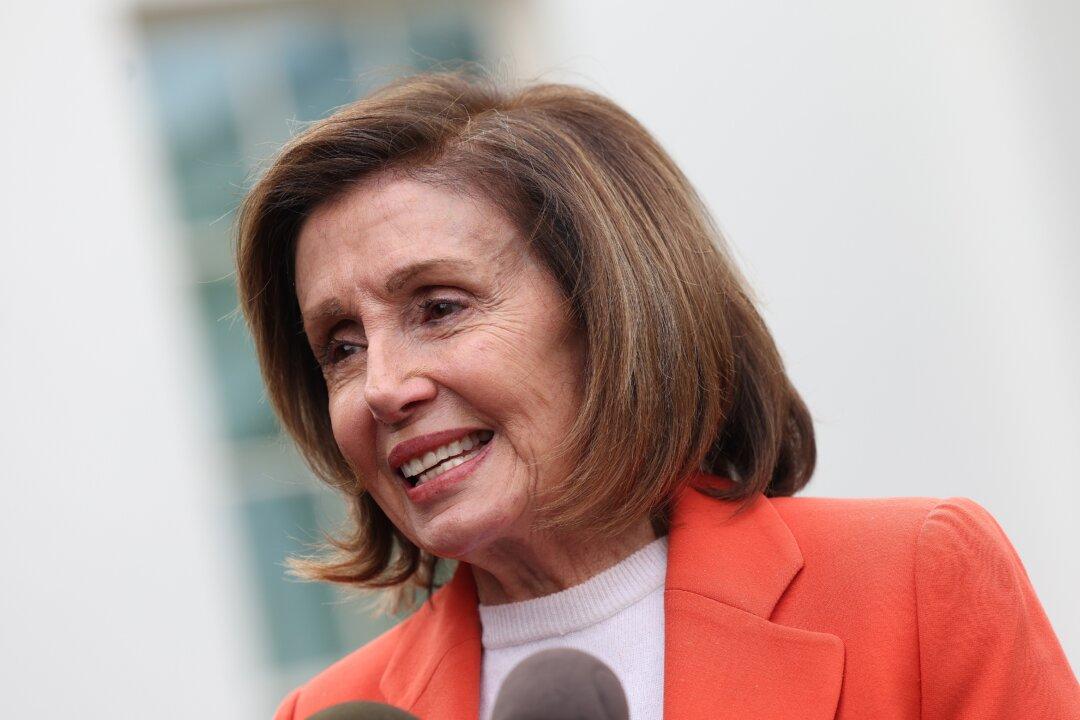The U.S. House of Representatives on Nov. 30 passed legislation that would impose an agreement on rail unions that are poised to strike and also approved adding paid sick leave to the pact.
The House agreed, in a 290–137 vote, to impose the tentative agreement that multiple unions have rejected, despite opposition from some of the unions. In a separate 221–207 vote, the House added seven days of paid sick leave to the agreement.





